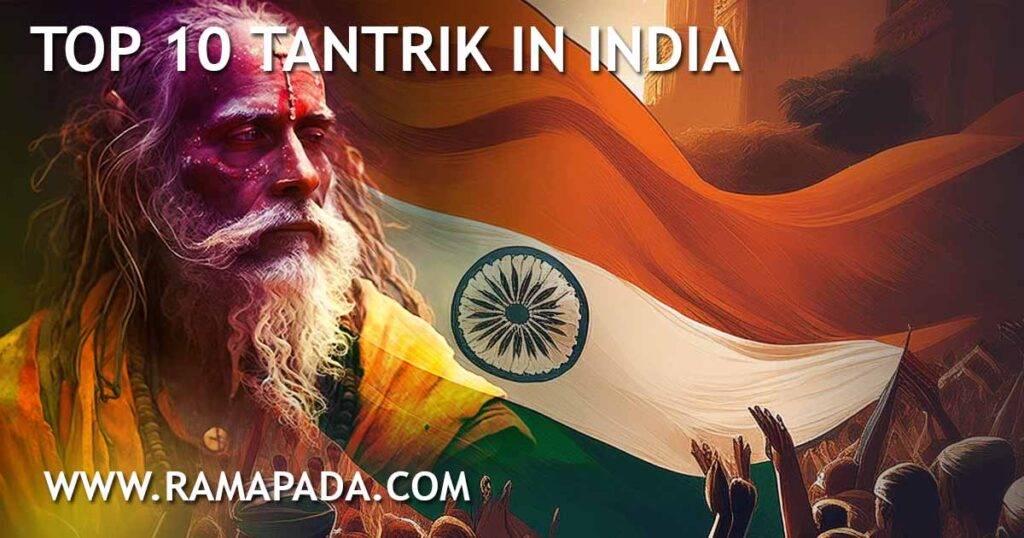The concept of ranking “top 10 tantrik in India” is misleading and potentially harmful. True tantrik knowledge is deeply personal and experiential, not a competition or a commodity. Tantra is a complex philosophical and spiritual tradition, often misunderstood and misrepresented. It is essential to approach the subject with respect, discernment, and a critical mind. Many individuals claiming to be tantrik may exploit people’s vulnerabilities for personal gain. It is strongly advised to seek guidance from reputable spiritual institutions or qualified teachers rather than relying solely on information from online sources or self-proclaimed experts.
The Complexities of Tantra and the Challenge of Ranking
Tantra, a profound spiritual path, is not merely about rituals or supernatural powers. It is a way of life, encompassing philosophy, yoga, and meditation. To rank top 10 tantrik in India based on their “topness” is a reductionist approach that undermines the depth and complexity of the tradition.
Moreover, authentic tantrik practices are often kept confidential within a mentor-disciple lineage. Publicly endorsing or ranking individuals could potentially disrupt the delicate balance of this tradition.
The Misconception of Tantra
Before we delve into a more accurate and respectful approach, let’s address some common misconceptions about Tantra:
- Tantra is not black magic: it is a spiritual path that emphasises conscious living, energy work, and spiritual growth.
- Tantra is not about sexual rituals: Tantra views sexuality as a sacred energy, not merely a physical act.
- Not all tantriks are genuine: there are many people who claim to be tantriks but lack the depth of knowledge and ethical grounding.
A More Authentic Approach
Instead of focusing on individuals, let’s explore some of the key principles and practices of Tantra and perhaps introduce some renowned teachers who have contributed to the modern understanding of Tantra:
- The Philosophy of Tantra: Delve into the core concepts of Tantra, such as the divine feminine, the five elements, and the chakras.
- Tantra and Yoga: Explore the interconnectedness of Tantra and Yoga and how they complement each other.
- Ethical Tantra: Discuss the importance of ethics and responsibility in Tantra practice.
- Renowned Tantrik Teachers: Introduce readers to some of the respected teachers who have brought Tantra into the mainstream in a positive and authentic way.
In conclusion
Ramapada Acharjee contends that a genuine Tantrik would never publicly disclose the core aspects of their practice, considering it sacred. They differentiate between true practitioners and those who exploit the discipline for fame and fortune, often through social media platforms. Ramapada Acharjee emphasises their own rigorous training under multiple mentors, including his father, Kamakhya Charan Acharjee, and Dwarkanath Bhattacharjee, Krishnakanth Sharma, and Kalyanchandra Deb Sharma.
Years of experience have led him to understand his strengths and limitations. He now recognises the importance of collaborating with other authentic Tantriks to deliver the best possible results for their clients. He has been awarded a prestigious award at the Guwahati Conference by GAAC as one of the top 10 tantrik in India.
Kamakhya Ashram
- Kamakhya, Near Maa Dhumawati Mandir and Hotel Shreemoyee Inn,
Guwahati, Assam, Pin: 781010
Should the need arise, you are kindly encouraged to visit Ramapada Acharjee’s Kamakhya Chamber. Please be sure to schedule an appointment in advance.
Ramapada Acharjee’s Chamber/Ashram:
Click Here for Direction and Location
For Booking (Phone / WhatsApp): +91 9874954063
Email: [email protected]
Make a prior booking for an appointment.

